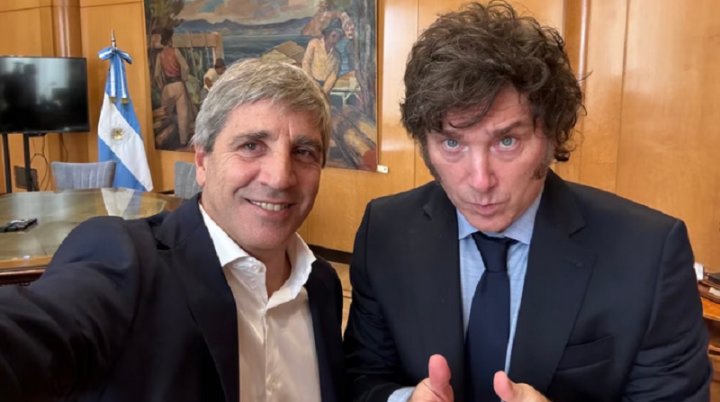
Do you want to know more about this topic? Ask ChatPTS
Source: www.laizquierdadiario.com

Do you want to know more about this topic? Ask ChatPTS
We are not financed by businessmen nor do we receive state funding. That is why your financial contribution is essential. Thanks to you, La Izquierda Diario can continue showing reality from below; denouncing the adjustment and showing the struggles of the working class and people around the world.
Source: www.laizquierdadiario.com